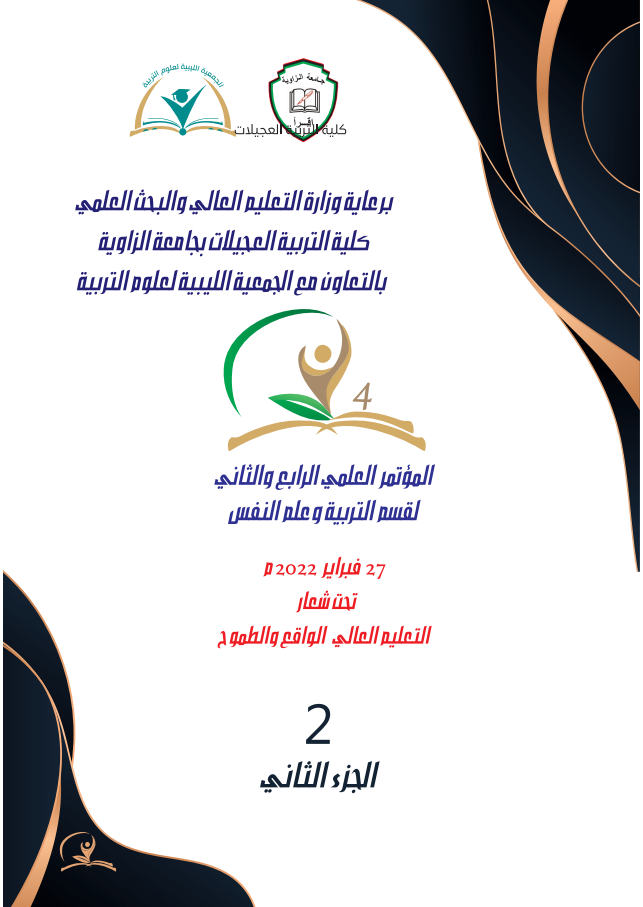Plagiarism, Discovering Plagiarism, Avoiding it and the Attitude of Copyright Laws towards Plagiarized Works
Main Article Content
Abstract
A general principle underlying ethical writing is the notion that the written work of an author, be it a manuscript for a magazine or scientific journal, a research paper submitted for a course, or a grant proposal submitted to a funding agency, represents an implicit contract between the author of that work and its readers. According to this implicit contract, the reader assumes that the author is the sole originator of the written work, that any text or ideas borrowed from others are clearly identified as such by established scholarly conventions, and that the ideas conveyed therein are accurately represented
to the best of the author’s abilities. In sum, as Kolin (2002) points out,
“Ethical writing is clear, accurate, fair, and honest”. It also conveys to the reader that one strives for ethical conduct as well as ethical practice.
Part one, explains the definition of plagiarism, instructors concern about plagiarism. Part two, focuses on the types of plagiarism. Explaining each type in details. While part three talks about discovering plagiarism either by a student to see the percentage of plagiarism in his work before submitting it to the teacher, by a researcher before submitting his work to a magazine or journal and either that journal is a traditional journal or it is an electronic journal, at last if the work submitted by a PhD\M.Phil.\MA student to his\her university to evaluate his work according to plagiarism. And in this case of discovering plagiarism, the evaluator or the student can use anti-plagiarism software to see the percentages of plagiarism of the submitted work. Part four, saves any author from being a scientific thief, by explaining the steps that the author should follow to avoid plagiarism, in which theft might be taken from other thesis, websites, books or any source. Here the author can be caught as a thief and then he\she would be punished not only by taking back his grade, but he could also lose his reputation among his classmates or colleagues. In the fifth part, I am as the author of this article, I am going to discuss and explain the role of copyright laws which can protect both the owner of any previously published work, and the author who wants to submit his work for evaluation and publishing. In the results and discussions part, I am going to summarize the findings and concluded my study with some recommendations related to this topic.

